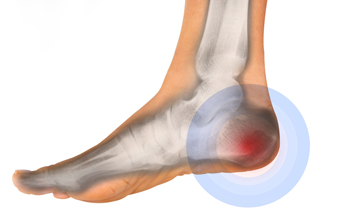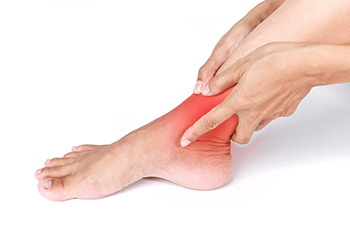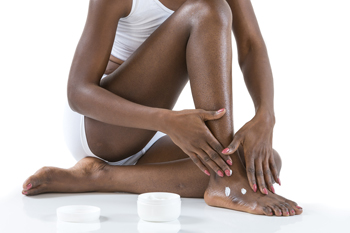
Walking is one of the best ways to stay active during pregnancy. It is low impact, so it doesn’t endanger your knees and ankles, plus it’s good for the heart and lungs. It also can be a way to meet up with friends and share the experience. Anyone who has been inactive prior to pregnancy should check with a medical professional before introducing a walking program. In the beginning, it is recommended that you start with 15 minutes, 3 times a week. This can be increased over time to 30 minutes, 4 or more times a week. Be sure to wear comfortable walking shoes that have adequate support and cushioning. As you walk, place your heel on the ground and roll onto your toes, rather than placing a flat foot on the ground. During the second trimester, as the baby grows, pay special attention to your posture when walking. Keep your back straight and your eyes forward and swing your arms to help with balance. Your hips and ankles may become more stressed, especially as your center of gravity changes. By the third trimester, avoid steep hills or uneven pathways that may affect your balance, and be sure to walk with a buddy. If at any time you experience unusual foot or ankle pain or swelling, it is a good idea to consult with a podiatrist for an examination as soon as possible.
Pregnant women with swollen feet can be treated with a variety of different methods that are readily available. For more information about other cures for swollen feet during pregnancy, consult with one of our podiatrists from Foot Health Center of Merrimack Valley. Our doctors will attend to all of your foot and ankle needs.
What Foot Problems Can Arise During Pregnancy?
One problem that can occur is overpronation, which occurs when the arch of the foot flattens and tends to roll inward. This can cause pain and discomfort in your heels while you’re walking or even just standing up, trying to support your baby.
Another problem is edema, or swelling in the extremities. This often affects the feet during pregnancy but tends to occur in the later stages.
How Can I Keep My Feet Healthy During Pregnancy?
- Wearing orthotics can provide extra support for the feet and help distribute weight evenly
- Minimize the amount of time spent walking barefoot
- Wear shoes with good arch support
- Wear shoes that allow for good circulation to the feet
- Elevate feet if you experience swelling
- Massage your feet
- Get regular, light exercise, such as walking, to promote blood circulation to the feet
If you have any questions please feel free to contact one of our offices located in North Andover, and Tewksbury, MA . We offer the newest diagnostic and treatment technologies for all your foot and ankle needs.










